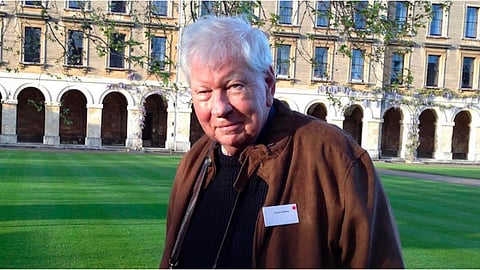RW Johnson: Destructive Patel may be gone but ANC economic policy still stuck in Wonderland
Last week, the World Bank criticised South Africa's trade policies, highlighting their detrimental impact on the economy. The policies, spearheaded by former Trade Minister Ebrahim Patel, have led to higher tariffs and domestic production costs, stifling economic growth and damaging regional trade. Despite Patel's departure, his problematic localisation strategy persists under new leadership. The ANC's inability to address corruption and economic mismanagement exacerbates the party's declining electoral fortunes, revealing a deeper systemic failure.
Sign up for your early morning brew of the BizNews Insider to keep you up to speed with the content that matters. The newsletter will land in your inbox at 5:30am weekdays. Register here.
Join us for BizNews' first investment-focused conference on Thursday, 12 September, in Hermanus, featuring top experts like Frans Cronje, Piet Viljoen, and more. Get insights on electricity and exploiting SA's gas bounty from new and familiar faces. Register here.
By R.W. Johnson
Last week the World Bank found a tactful way of telling South Africa that its trade policies were, frankly, mad.
___STEADY_PAYWALL___

